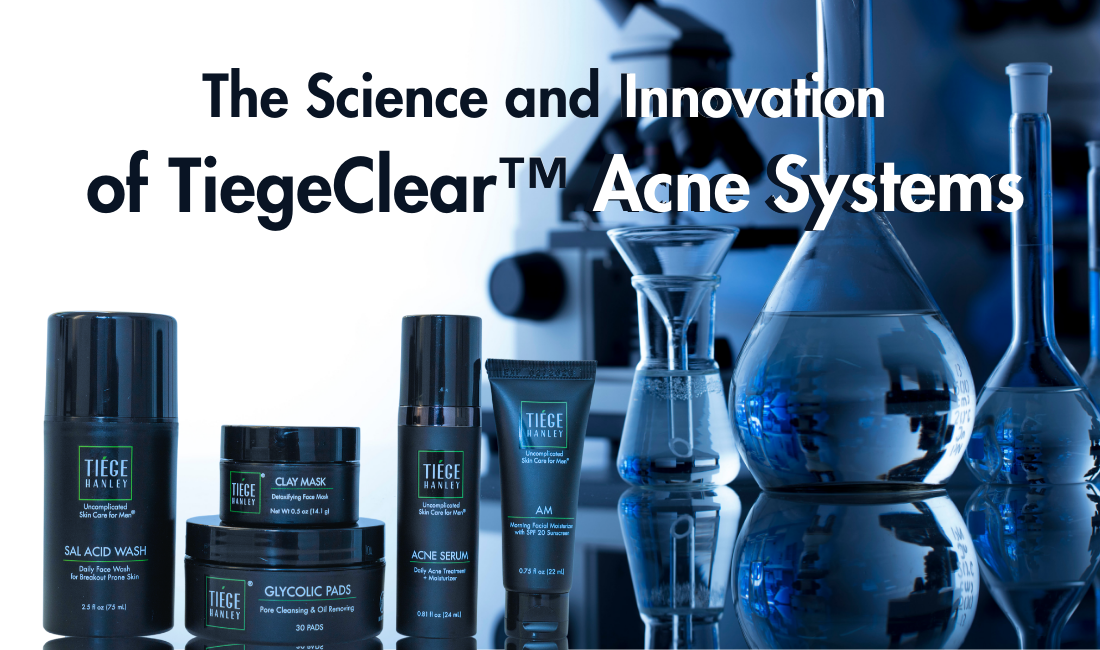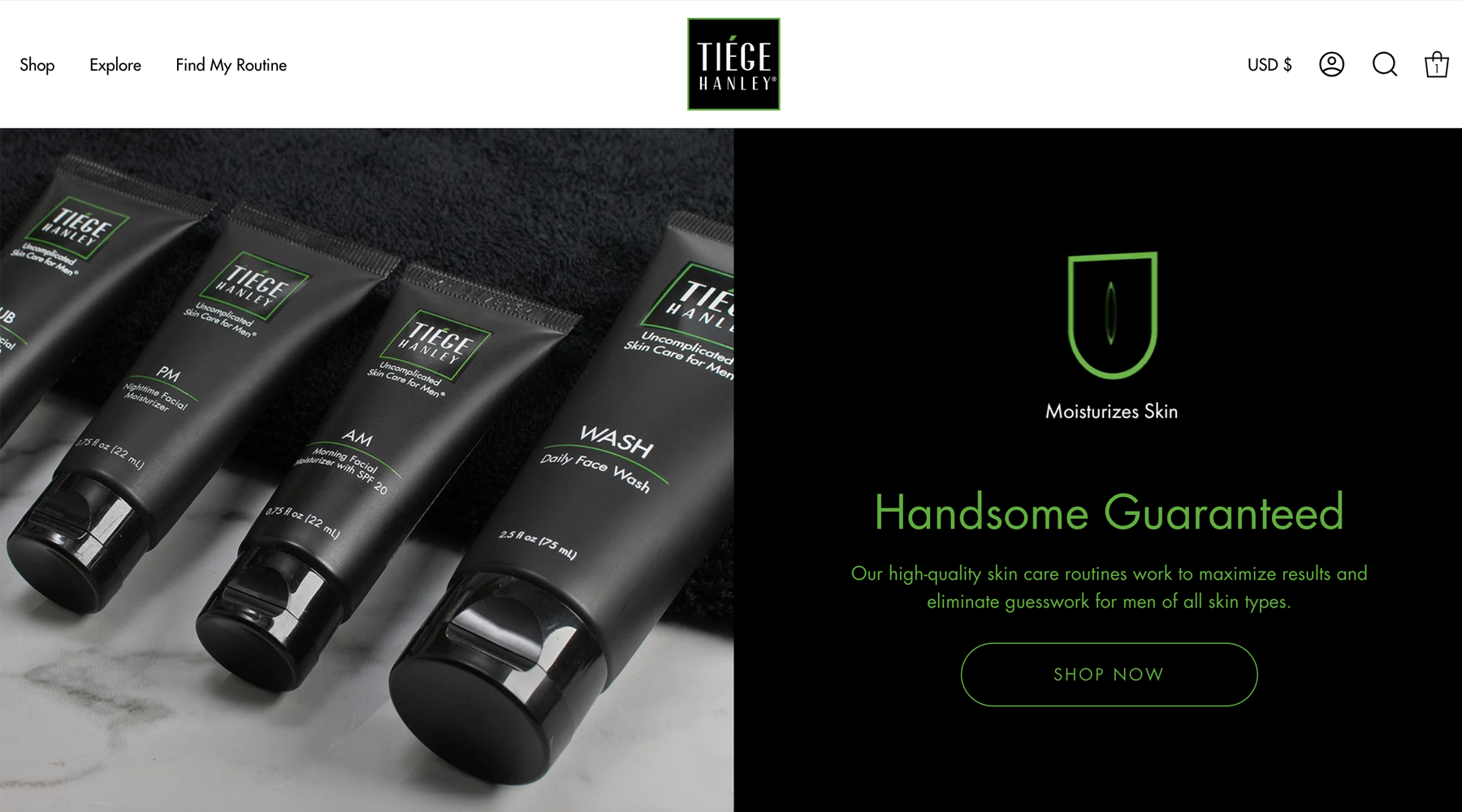Using personal lubricant (lube) is nothing to feel embarrassed or ashamed about. Even if you and your partner produce enough bodily fluids during sex, lube can be a useful tool to boost your sexual pleasure and enhance the overall experience.
If you or your partner has sensitive skin, you need to take extra care when choosing a lube. There are certain ingredients in popular lubes that have been known to irritate the skin, resulting in redness, itchiness, hives and general discomfort.
What lube should you buy to reduce these symptoms? We’ve rounded up the best lubes for sensitive skin that will maximize your sexual pleasure without being too harsh on your skin.
Here are some things to consider when shopping for the best lubricant for your sensitive skin.
- Water-based and silicone-based lubricants are typically the best options for those with sensitive skin
- When choosing a lube for sensitive skin, it’s best to avoid common skin irritants such as parabens and spermicide
- The best lube for sensitive skin depends on your activity and personal preference
How to Choose a Lube for Sensitive Skin
Before we recommend a particular lube for sensitive skin, it’s helpful to know what to look for in a personal lubricant. First, let’s narrow down your options by discussing the three types of lubes.
TRY MEN’S SKIN CAREWater-based
A water-based lubricant is a great all-purpose lube that can be used for penetrative sex, masturbation and sex toys. However, this type of lube washes off in water, so keep that in mind if you’re a fan of shower sex. Generally speaking, water-based lubes are also more likely to have harsh ingredients (which we’ll discuss shortly) that can irritate sensitive skin.

Silicone-based
Silicone-based lubricants are slicker and longer-lasting than water-based lubes. They’re also hypoallergenic, making them a great choice for those with sensitive skin. Silicone-based lubes are preferable to water-based lubes for shower and hot tub sex because it won’t break down in water. Just be sure to keep silicone-based lubes away from silicone toys because they can break down the surface of your toys and make them less sanitary.
Oil-based
Oil-based lubricants are a good option for longer sex sessions because you don’t need to reapply them. They can also double as a sexy massage oil during foreplay. One of their biggest downsides is that oil-based lubes can break down latex condoms. Another important thing to note is that according to a 2013 study published in Obstetrics and Gynecology, oil-based lubes are associated with a higher incident of bacterial vaginosis (see claim: “In multivariable analysis, women reporting intravaginal use of petroleum jelly over the past month were 2.2 times more likely to test positive for bacterial vaginosis…”)
Ingredients to Avoid
Once you know which type of lube you want to get, it’s time to flip over the bottle and read the ingredients. We know, everyone’s favorite part of the lube-buying process, right?
Though it may not sound particularly sexy, checking the ingredients in your lube is a critical step. Anything that goes on your skin—whether it be lube or your daily skin care products—deserves extra scrutiny when you have sensitive skin.
To make the lube buying process easier, here are a few ingredients to avoid in a personal lubricant.
Parabens
Parabens are a preservative that are often found in personal care products such as lubricants. They’ve been known to cause skin irritation in some individuals, especially those with eczema.
Glycerin
Glycerin is a humectant (meaning it attracts water) that is commonly used in water-based lubricants. While most people react perfectly fine to Glycerin’s moisturizing abilities (in fact, it can be an amazingly effective ingredient in a face wash), others may experience a negative reaction to it in the form of stinging or irritation.
Petroleum Jelly
Some people have experienced allergic reactions to petroleum jelly. At the very least, you should perform a patch test of petroleum jelly before putting it anywhere near your genitals.
Nonoxynol-9
Commonly known as N-9, Nonoxynol-9 is a spermacide in lube that helps prevent unwanted pregnancy. According to a 1993 study published in the International Journal of STDs and AIDs, the frequent use of N-9 may cause irritation and discomfort (see claim: “Women who choose to use N-9 frequently may experience an increase in epithelial disruption.”)
TAKE THE SKIN CARE QUIZBest Lubes for Sensitive Skin
If you’re looking for a lube that checks off every box, look no further than these three lubricants. Each of these lubes are formulated to minimize allergic reactions and soothe skin for a sexy (and completely pain-free) time in the sheets, shower or wherever you’re doing the deed.
1. Natural - Sliquid OrganicsIf you’re looking for a natural lubricant, you can’t go wrong with Sliquid Organics. Their Natural formula is infused with soothing ingredients such as Aloe Vera Leaf Juice and Green Tea Extract to reduce irritation and redness. Formulated to mimic the body’s natural lubrication, this water-based lubricant is also free of Glycerin, Parabens and Petroleum Jelly.
2. Penchant PremiumPrefer to use a silicone-based lube for sensitive skin? Penchant Premium is a failsafe choice. Glycerin and paraben-free, this long-lasting lube is hypoallergenic and a must-have for anyone who enjoys shower/hot tub sex. It’s also unscented and compatible with both natural rubber latex and polyisoprene condoms.
3. Uberlube Luxury LubricantFeel like treating yourself to high-quality lube? Uberlube is a luxury lubricant that works great for sensitive skin because it contains only four ingredients (dimethicone, dimethiconol, cyclomethicone and tocopheryl). Not only can it enhance you and your partner’s sexual pleasure, it’s also great for the skin because it’s essentially just a cocktail of high-grade silicones and vitamin E. As an added bonus, it comes in a convenient (and discreet) travel option that you can throw in your carry-on or a purse.

Enhancing Your Sexual Pleasure with Lube
Lube is a useful tool that can take your sexual pleasure to the next level. The hardest part is choosing a lube that won’t trigger a negative reaction from your sensitive skin.
If the three lubes we’ve listed here don’t do it for you, keep shopping around. Just remember to read the ingredient label carefully and avoid the ingredients we mentioned above.
References
Brown, Joelle M., et al. “Intravaginal Practices and Risk of Bacterial Vaginosis and Candidiasis Infection Among a Cohort of Women in the United States.” Obstetrics & Gynecology, vol. 121, no. 4, Apr. 2013, pp. 773–780.
Roddy, R. E., et al. “A Dosing Study of Nonoxynol-9 and Genital Irritation.” International Journal of STD & AIDS, vol. 4, no. 3, June 1993, pp. 165–70.








